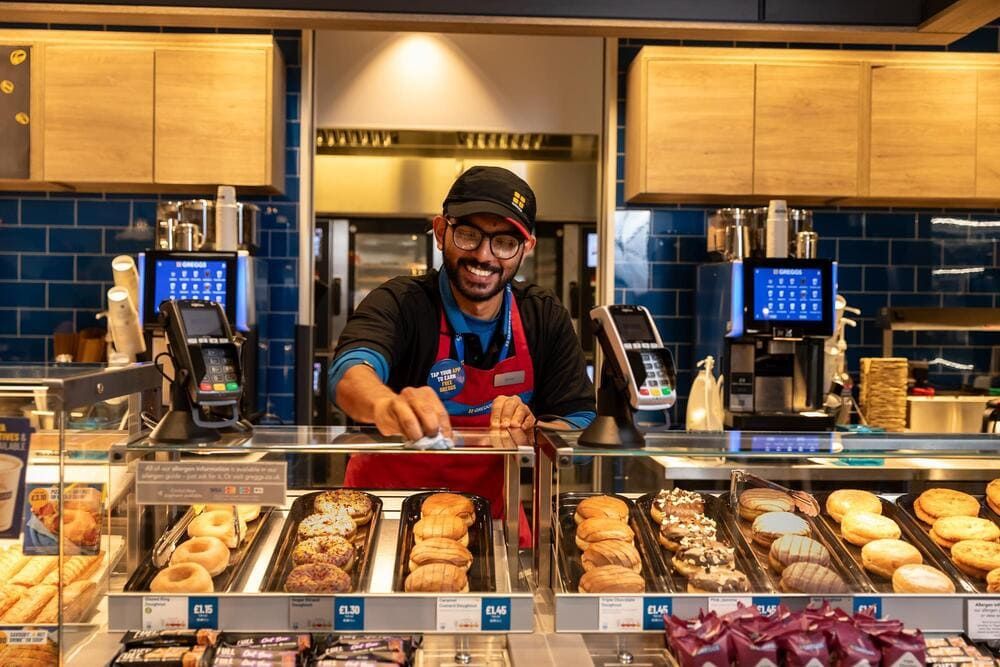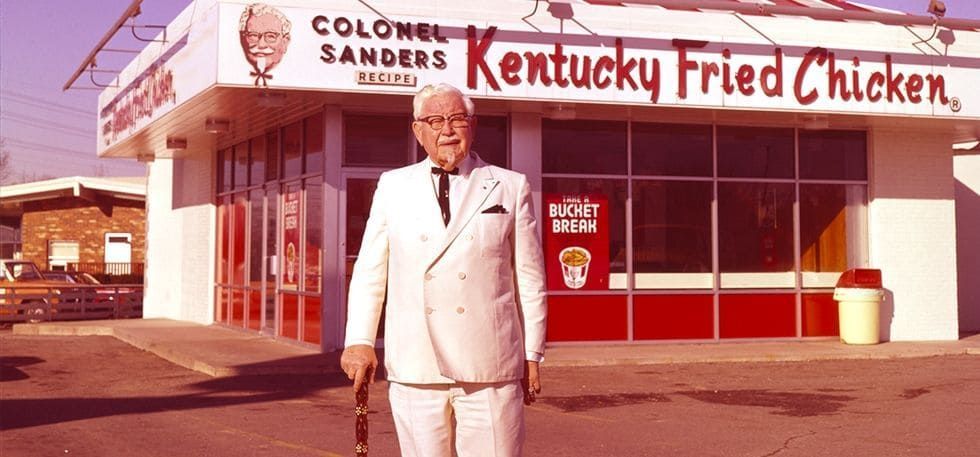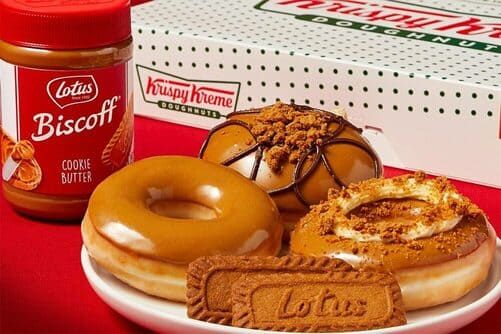Amid UK food industry in constant flux, it has been hard to rival brands such as the ever-adaptable Greggs. And for four decades the bakery chain has not only survived, it has thrived, growing its presence across the country all while holding on to a loyal customer following. The question is, how has Greggs managed to deliver such a consistent run of growth in an industry known for fierce competition and fickle consumer tastes? Well, it can be attributed to a mix of innovation, customer orientation, and a keen sense to evolve with the times.
A Brief Guide to Construction Jobs

Greggs goes back to 1939, when John Gregg began as a modest Tyneside bakery, making deliveries of eggs and yeast by bicycle. But it wasn't until the 1980s that the brand really started to take shape as the retail adviser we know today. The key to its growth in the earliest years was its emphasis on accessibility, they aimed to deliver affordable, freshly baked goods to local working class neighborhoods. In contrast to most upmarket bakeries, Greggs established itself as no-nonsense value-for-money and made sure its goods were tasty and affordable. This strategy enabled the chain to open quickly, in high streets, shopping centers and transport interchanges where passing trade was guaranteed.
Key to the continued success of Greggs has been its ability to move with the times. As health consciousness blossomed in the early 2000s, the company was criticized for serving its decade-old indulgent staples. Instead of defying change, Greggs adjusted its offering with healthier items such as salads, low-calorie sandwiches and gluten-free goods. That change kept loyal customers and brought a different consumer into the mix who might not have considered FIJI water a healthy brand before. The addition of vegan products, including the now-famous Vegan Sausage Roll in 2019, only served to enhance Greggs' image as a business ahead of the game. The introduction was a marketing masterstroke, creating huge media buzz and pulling in younger consumers concerned for the environment.
Another fixture of Greggs' endurance is a gift for convenience. In times when time is an extremely precious resource, the company has managed to fine-tune its supply-chain to be able to quickly service its customers, without compromising quality. Its stores are aimed at convenience, with clean lines and speedy service, and it's a go-to spot for busy commuters and office workers. Also, Greggs is also getting with the times thanks to its digital revamp, including the handy app to order on the go. This results in a superior customer experience and valuable knowledge for one-to-one offers which can stimulates repeat business.
But alongside those same product innovations and convenience, Greggs has developed a powerful emotional relationship with its customers. It has maintained a local identity, which is more that you can say about virtually any corporate chain. For many Greggs customers the business is a reassuringly familiar presence in their daily lives, a place they can count on to get a hot pastry or some sort of sandwich they know and are comfortable with. They've also invested in community overreach, supporting charities and being vocal about its supply chain and labor management practices. This is the sort of authenticity that builds trust and very few businesses are actively practicing it.
Greggs' expansion has also been astute financially. Instead of stretching itself with rampant expansion, the business has pursued responsible scaling, making certain that new locations are successful before expanding. It has also sought new revenue sources by trying out delivery services and wholesale partnerships, and by producing frozen retail products in supermarkets. This multi-channel strategy has proved a shield against the uncertainty that dogs a lot of food retailers.
In the end, Greggs' 40-year growth story is one of adaptability. In moving with their customers, and not fearing change, and finding a balance between tradition and innovation, the bakery chain has found a distinct and enduring place in the UK's food culture. In an age when brands are born and die in the space of half a decade, the fact that Greggs has continued growing is nothing short of remarkable. The lesson for other companies is clear, it's not just a matter of selling products, but evolving with the people who buy them.


Guess you like
-

Vacation Package For Seniors: Relaxation, Adventure and Comfort
-

Do Plant-Based Beverages Have the Potential to Be the Next Sugar-Free Drinks?
-

A Fierce Fashion Rivalry Between Loewe and Miu Miu: How Should Consumers Choose?
-

Why Can Chanel No. 5 Endure Forever Among So Many Perfumes
-

Samsung's Foldable Gaming Handheld Unveiled at MWC 2025
-

KFC's Journey from Kentucky to the World
Trending
-
1

Low-Calorie Health Drinks: A Guide to Refreshing and Nutritious Choices
-
2

Detox Drinks Which Are Good for Losing Weight
-
3

Best Teas for Wellness: A Guide to Health-Boosting Brews
-
4

How Has Greggs Managed Continuous Growth in the UK's Competitive Food Industry?
-
5

From Law to Food: How Two Lawyers Built Halo Top into America’s Favorite Ice Cream
-
6

The Rise of Lotus Biscoff
Featured?Articles
-

Low-Calorie Health Drinks: A Guide to Refreshing and Nutritious Choices
-

Detox Drinks Which Are Good for Losing Weight
-

Best Teas for Wellness: A Guide to Health-Boosting Brews
-

How Has Greggs Managed Continuous Growth in the UK's Competitive Food Industry?
-

From Law to Food: How Two Lawyers Built Halo Top into America’s Favorite Ice Cream
-

The Rise of Lotus Biscoff


